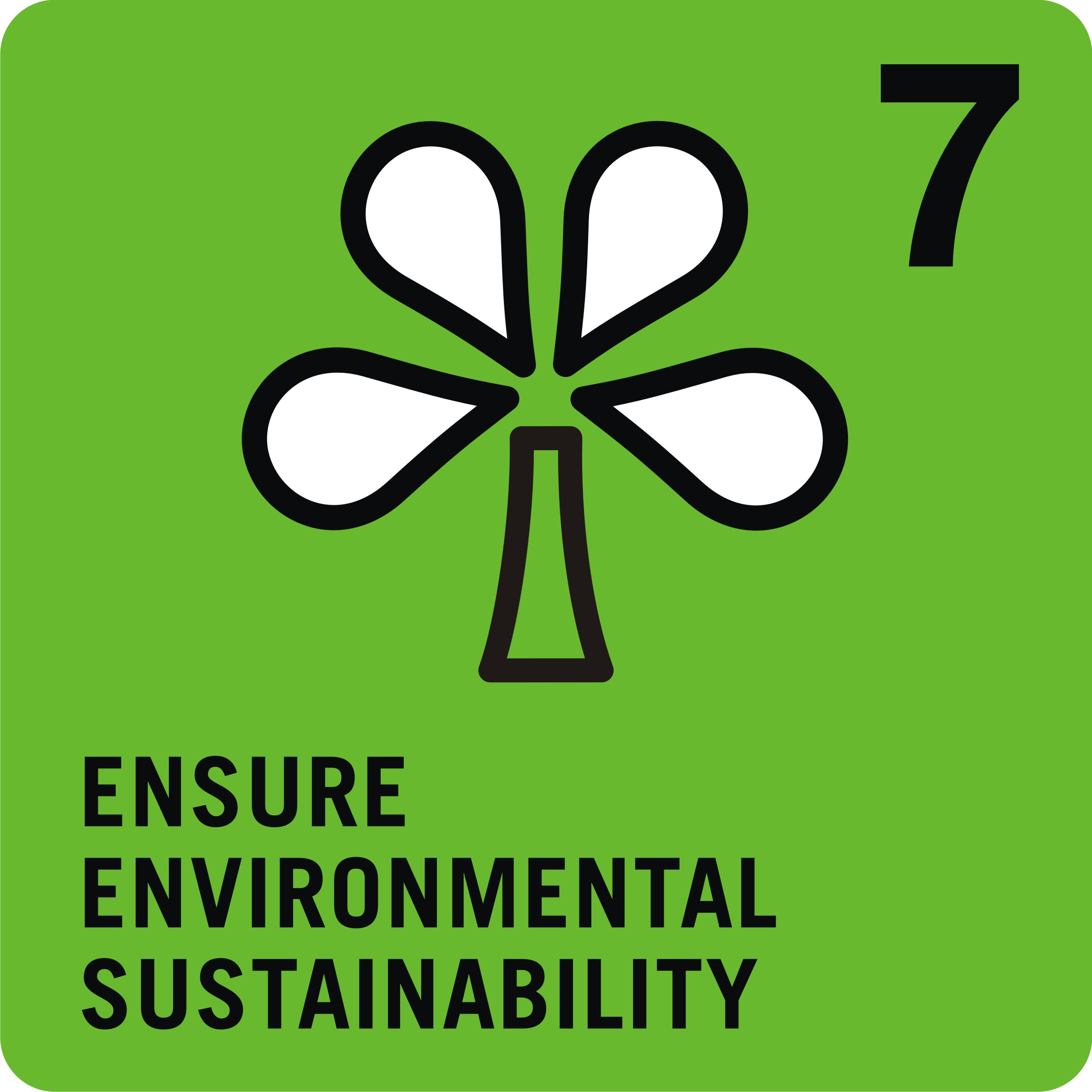Ensuring environmental sustainability.
|
Target 7.A: Integrate the principles of sustainable development into country policies and programmes and reverse the loss of environmental resources. Target 7.B: Reduce biodiversity loss, achieving, by 2010, a significant reduction in the rate of loss. Target 7.C: Halve, by 2015, the proportion of the population without sustainable access to safe drinking water and basic sanitation. Target 7.D: By 2020, to have achieved a significant improvement in the lives of at least 100 million slum dwellers. |
|---|
The main ingredient
Don’t burn your cake, save our planet! For this recipe you need water, forest, biodiversity, and access to improved sanitation. (for dumping the wastes)
In which stage are we in?
Every region has made progress in improving access to clean drinking water. 2012 marked the achievement of MDG target 7.C, (halving the proportion of people without sustainable access to safe drinking water) making it amongst the first MDG targets to be met, well in advance of the 2015 deadline. However, water-related diseases are a human tragedy, killing millions of people each year, preventing millions more from having healthy lives, and undermining development efforts. Regarding sanitation: half of the population of developing regions lives without it. This means that this MDG target will not be reached by 2015. In fact, there are still 2.5 billion people that live without essential sanitation. The lack of toilets is the cause of an estimated 2 million preventable deaths a year, mostly in children killed by a variety of dysentery. Therefore, toilets can be a simple solution to world health issues.
Did you know that for every dollar spent on water and sanitation the return will be eight dollars as a result of saved time, increased productivity, and reduced health care costs? So it really is worth fighting for the environment.
Now, let’s look into nature. The rate of deforestation and loss of forest from natural causes is slowing down. Slowwwwwwwwwwwwly…....13 million hectares of forest are still lost every year.
On paper, there is increasing legislation adopted to guarantee the integration of sustainable development with national policies. Nevertheless, reality shows us that due to economic causes, governments often put environmental policies on the back burner. And this is a major disaster. In fact, green economic policy is being pointed out as one of the solutions for world economic growth problems and poverty reduction.
The investment in clean energy and the promotion of ecosystem-based solutions are some of the directions that we can follow towards the improvement of environmental sustainability.
What to tell Young Modern Performers about this MDG?
Global climate change and saving the environment have been topics in public discussion for a long time. But they did not really reach YMPs. We tried to change this by searching for realistic options that YMPs would find suitable for their lives. They don’t want to ride bicycles. Ok, so it does not make sense to promote this to them. But it is also counterproductive to just leave YMPs to themselves just because they do not agree with the usual ways of saving the environment. Indeed, why not promote energy efficient cars and e-mobility to them? In our development actions we found YMPs to be very open to these options. The same goes with IT waste. Ok, so YMPs do not want to stick with only one old PC and they want to have the latest gadgets. Why not let them know how to dispose of their old devices and increase the lifespan of their current ones? Here are some examples on how we tried to give this adapted advice on IT or how to reduce plastic garbage.
There are many things in between doing nothing and doing everything possible to ensure environmental sustainability. Let us take the MDG 7 to Young Modern Performers: green is the new black.
